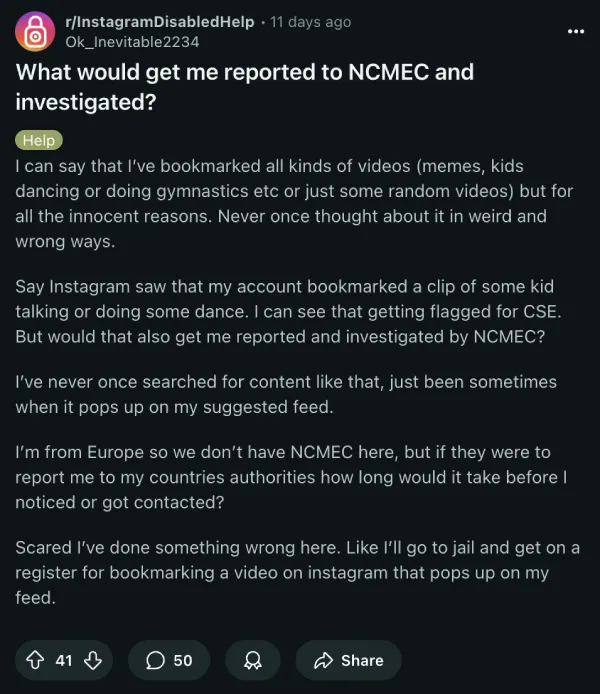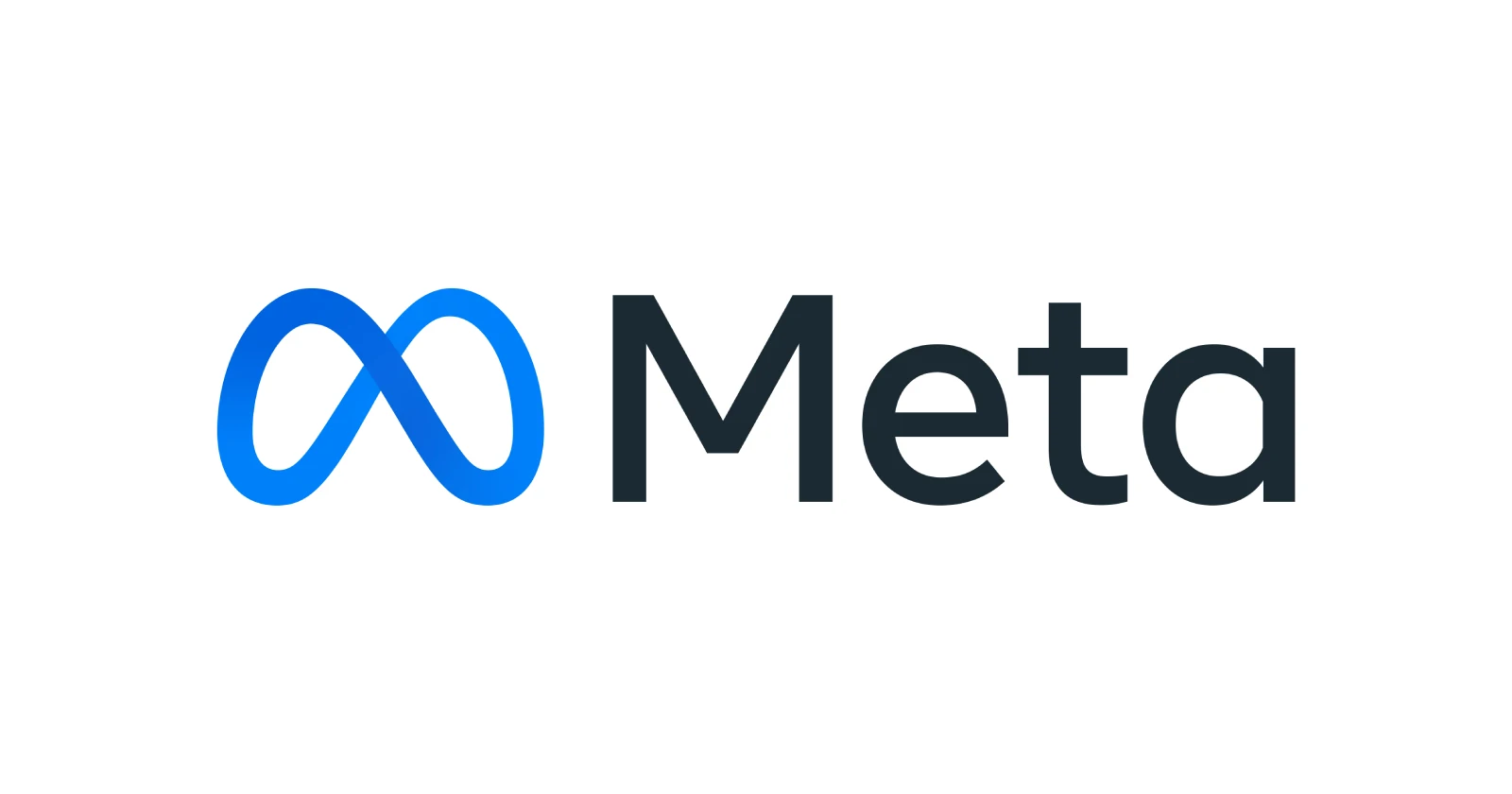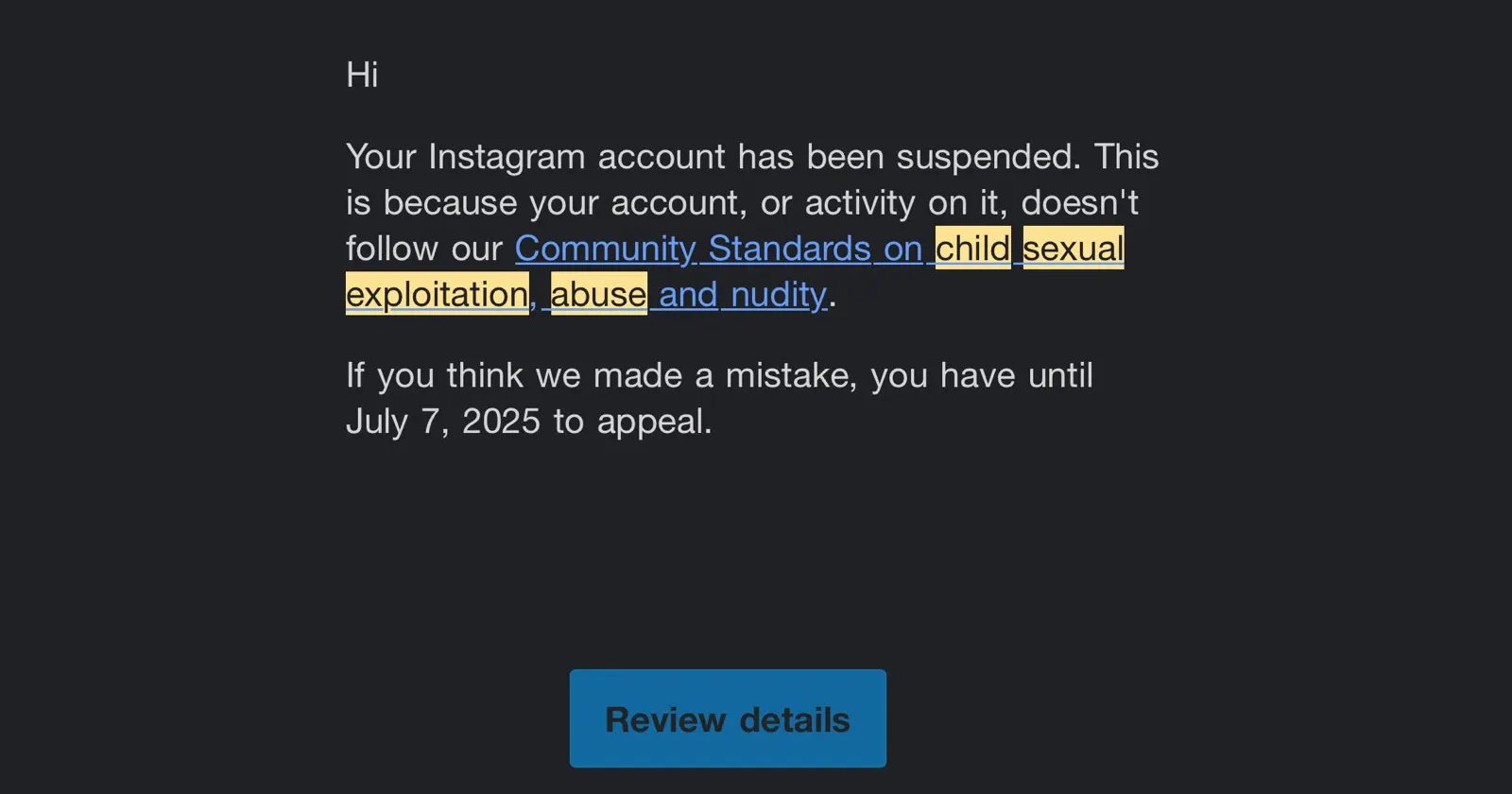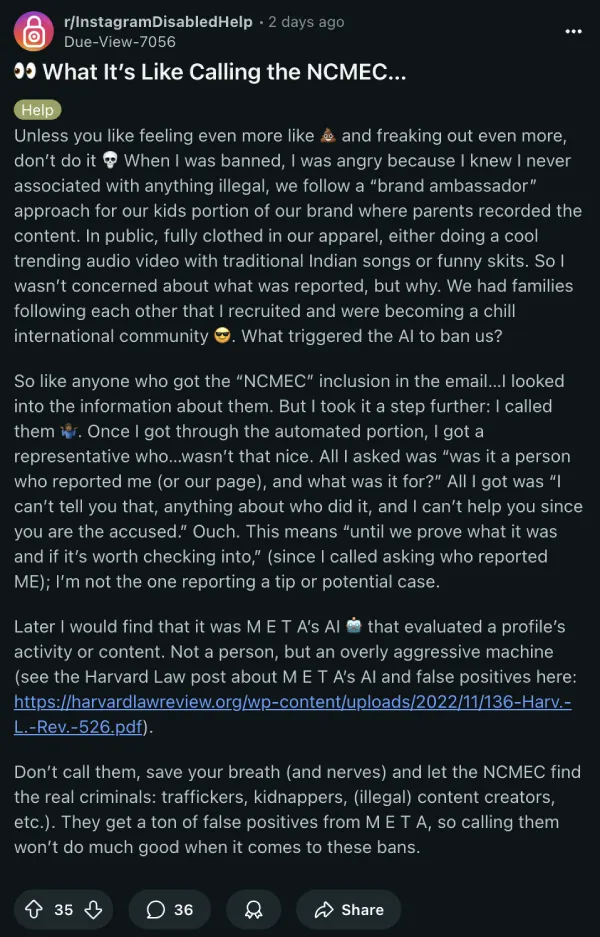Meta’s platforms, including Instagram and Facebook, have recently been plagued by a massive wave of account bans. As I wrote a few days ago, Meta still refuses to own up to Instagram and Facebook mass ban wave. This has left countless users, from individuals to businesses, in a state of confusion and distress. The bans often cite violations of Meta’s Child Sexual Exploitation (CSE) policy, but many affected users claim their accounts were terminated without any wrongdoing. So the central question on everyone’s mind is not just about losing their account, but a much more terrifying one: will the National Center for Missing and Exploited Children (NCMEC) be investigating me?

This panic stems from a recent and widespread wave of account bans across Meta’s platforms. And as I mentioned above, the platform still isn’t willing to take the blame. The chaos spread further a week ago when many found their Instagram accounts suddenly suspended. For many, these weren’t just social profiles; they were digital scrapbooks and livelihoods, and the bans have left personal memories and small businesses in ruins.
The root of this widespread issue appears to be Meta’s heavy reliance on artificial intelligence for content moderation. I found multiple threads on Reddit where users are trying to piece together what’s happening. The consensus is that an overzealous AI is flagging innocent content, leading to these devastating, and frankly terrifying, false CSE account bans.
This feeling of helplessness is compounded by Meta’s official policy. The company states, “When we become aware of apparent child exploitation, we report it to the National Center for Missing and Exploited Children (NCMEC), in compliance with applicable law.” This is a necessary and important legal step to protect children. But what happens when the “awareness” comes from a faulty algorithm? Innocent users are being caught in a system designed to catch the worst kind of criminals.
To get a clearer picture, I looked into what happens when you’re actually reported. One brave user on Reddit detailed their experience of calling the NCMEC directly, a step many might be too scared to take. Their account of the call is both revealing and somewhat reassuring for those who are innocent. The user explained they were managing a brand that worked with child ambassadors, with full parental consent, for an apparel line. When they called NCMEC and asked why they were reported, the response was blunt:
All I got was ‘I can’t tell you that, anything about who did it, and I can’t help you since you are the accused.’ Ouch.
While this sounds intimidating, the user concluded that the agency is focused on real threats. They later learned it was Meta’s AI that flagged them. Their advice to others in the same boat? “Don’t call them, save your breath (and nerves) and let the NCMEC find the real criminals… They get a ton of false positives from M E T A, so calling them won’t do much good when it comes to these bans.”
This firsthand account brought a wave of relief to people who were worried about being reported. Another user responded:
I can’t thank you enough for sharing and posting this! Not only does this give me great comfort and solace, but it will for a lot of people too!
So, could you be investigated? Based on the user experiences I’ve found, if you are truly innocent, it seems highly unlikely. The NCMEC’s resources are stretched thin, and their focus is on credible threats and urgent cases of child endangerment. The flood of false positives from Meta is likely a known issue for them, and analysts are trained to differentiate between a mistaken AI and a genuine threat.
This doesn’t absolve Meta of responsibility, however. The emotional distress and reputational damage caused by these false accusations are immense. This sentiment was echoed by a former Meta employee who claimed the company simply doesn’t care about its users. The situation has spurred users into action, with many uniting to sign petitions and pursue legal action. While there was a brief moment of hope that Instagram was working on restoring accounts, that has so far proven to be a false dawn. For now, users are left to navigate the anxiety on their own, finding solace not from the company that banned them, but from each other.
TechIssuesToday primarily focuses on publishing 'breaking' or 'exclusive' tech news. This means, we are usually the first news website on the whole Internet to highlight the topics we cover daily. So far, our stories have been picked up by many mainstream technology publications like The Verge, Macrumors, Forbes, etc. To know more, head here.




